Trump Policies Perplex U.S. Allies in Asia Amid China’s Rise
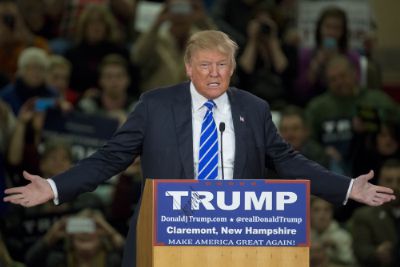
©2016 Bloomberg News
O4TQ766K50XZ
(Bloomberg) — Donald Trump’s apparent willingness to upend decades of U.S. security dominance in Asia is baffling major allies given China’s increasing clout and North Korea’s nuclear threats.
The billionaire front-runner for the Republican presidential nomination has told the New York Times he’d be prepared to withdraw U.S. troops from Japan and South Korea if the countries did not substantially increase their payments to help maintain the forces. The U.S. has about 50,000 military personnel in Japan and about 28,500 in South Korea.
The comments were widely covered by local media in both countries. “We are dumbfounded at such myopic views of a leading candidate in the U.S. presidential race who tries to approach such critical issues only from the perspective of expenses,” Korea’s JoongAng Daily said in an editorial. “Such attitudes can aggravate the distrust and discontent of the world about Uncle Sam.”
Trump has made various campaign promises to reverse established U.S. policy on trade and security, and the practicality of governing may mean most of those would not become reality if he wins. Still, just the mention of it has sparked some unease. The vacuum caused by a U.S. military departure would cast doubt on its future role in Asia, a key trading and investment region, and potentially open the door to greater Chinese military assertiveness.
Pacific Power
“If there is no security alliance between Japan and the United States, that means the United States will cease to be a Pacific power,” said Kunihiko Miyake, a visiting professor at Ritsumeikan University in Kyoto and a former diplomat once involved in negotiations on the financial support Japan pays for U.S. troops. “There’s no other nation which could support the U.S. presence in this part of the world.”
Hemmed in by a U.S.-imposed pacifist constitution, Japan has relied on the protection of the U.S., while avoiding developing its own nuclear weapons and keeping limits on defense spending. The governments frequently refer to the alliance as the “cornerstone” of peace in the region and say it helped pave the way for the growth of industry and trade in Asia. South Korea relies on U.S. might to help deter a volatile North Korea.
The U.S. is the second-largest trading partner for both Japan and South Korea on a two-way basis. Japan is part of the U.S.-led Trans Pacific Partnership trade pact which is a centerpiece of the U.S. economic and security rebalance toward Asia under the Obama administration.
U.S.-Japan Deal
The U.S. and Japan agreed on a new five-year host-nation support deal in December, under which Japan will spend about 189.9 billion yen ($1.67 billion) a year to cover expenses such as the salaries of local base employees. Adding items such as the rent Japan pays on privately owned land to host U.S. bases, the Defense Ministry budgeted 372.5 billion yen for housing U.S. troops in the fiscal year that started last April.
Analysts and officials rejected the idea that the two Asian hosts don’t pay enough.
“They pay a lot,” said Brad Glosserman, Executive Director at Pacific Forum CSIS in Hawaii, of Japan. “For many years Japan has been considered the gold standard for host nation support.”
‘In Trouble’
U.S. Ambassador to Seoul Mark Lippert said this week the government was comfortable with South Korean contributions, Yonhap News reported. South Korea pays more than 900 billion won ($773 million) a year to the U.S., in a deal that lasts until 2018. The Korea Economic Daily said it was questionable if Trump was getting correct information, and added “South Korea will be in trouble if it lets Trump continue his ‘free ride’ accusations.”
“The South Korean government has made contributions and has been doing our role to provide stable living conditions for the U.S. Army and to strengthen the defense capacity of Korea-U.S. forces,” Foreign Ministry spokesperson Cho June Hyuck told reporters on Tuesday in Seoul. “The U.S. administration, the parliament and the people sufficiently recognize our role and contribution as an ally.
Speaking to reporters in Tokyo on Tuesday, Prime Minister Shinzo Abe said the U.S. presidential elections had a large influence on Japan and “I am paying attention to their progress.”
‘No Change’
“Whoever becomes the next president, the U.S.-Japan alliance will be the basis of Japanese diplomacy,” Abe said. “There will be no change to our close cooperation with the U.S. for the sake of peace and prosperity in the Asia-Pacific and the world.”
U.S. Deputy Secretary of State Antony Blinken in an address to the Brookings Institution on Tuesday called Japan and South Korea “two of our greatest allies and closest friends” in “an increasingly strong trilateral relationship.”
Trump “may not have a good group of foreign policy or national security advisers,” said Miyake. “He says things out of his intuition for populist purposes. That’s fine if it’s politics, it’s a campaign. When it comes to governing, it’s not going to work.”
In his remarks to the New York Times, Trump said he’d be open to allowing Japan and South Korea to build their own nuclear arsenals. If the U.S. “keeps on its path, its current path of weakness, they’re going to want to have that anyway, with or without me discussing it,” he said.
‘Too Irresponsible’
While Japanese officials have repeatedly refused to comment directly on Trump, Chief Cabinet Secretary Yoshihide Suga on Monday reiterated his government’s intention of sticking to its “non-nuclear principles.” As the only country to have suffered a nuclear attack, Japan has kept to self-imposed rules against having nuclear weapons on its soil.
“I suddenly started to hate Trump,” said a social media user in Japan with the handle musimanii. “What he says is too irresponsible. Who does he want us to intimidate with nuclear weapons?”
Some though supported Trump’s remarks. “No U.S. president has ever suggested things such as U.S. troops being removed from Japan, or allowing Japan or South Korea to have nuclear weapons,” Toshio Tamogami, a conservative politician who has been involved with some minor parties and is a former air force chief of staff, wrote on twitter. “This is a good chance for Japan to become a truly independent country.”
–With assistance from Seyoon Kim, Heesu Lee, Shinhye Kang and Sam Kim.
To contact the reporter on this story: Isabel Reynolds in Tokyo at ireynolds1@bloomberg.net To contact the editors responsible for this story: Rosalind Mathieson at rmathieson3@bloomberg.net Tony Jordan


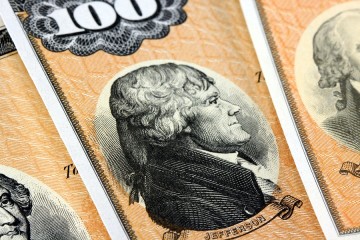
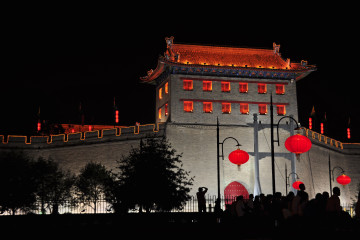
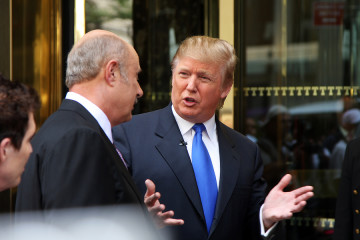
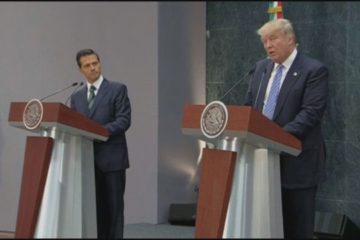

No Comment